Whether you are an HRBP, HRM or Head of HR it always pays to have a specialist area within your generalist skillset. My advice is to follow your inclination and take opportunities to develop depth of knowledge. These guides are ideally suited to stand-alone HR Generalist or HR Professionals in all generalist teams but they are a useful reference even if you work within a centre of excellence model.
Needs Assessment:
Training Needs Assessments is to identify skill gaps critical for organizational success. Your strategic insights drive targeted training initiatives that align with business objectives, ensuring each program maximizes impact and relevance.
Onboarding:
Your Onboarding programs transcend mere orientation, serving as pivotal experiences that integrate new hires seamlessly into your organizational fabric. By setting clear expectations and fostering early engagement, you lay the groundwork for sustained productivity and retention.
On the Job Training:
Hands-on learning through On the Job Training remains a cornerstone of your approach, empowering employees to apply new skills directly in their roles. This practical learning environment not only enhances competence but also fosters innovation and problem-solving capabilities.
Job Shadowing:
Pairing mentees with seasoned mentors through Job Shadowing programs exemplifies your commitment to knowledge transfer and professional growth. These experiences deepen understanding and prepare future leaders by immersing them in operational nuances.
Mentoring:
Your mentorship initiatives are catalysts for talent development and leadership cultivation. By pairing mentors with mentees, you nurture skills, build confidence, and foster a culture of continuous learning and career advancement.
Job Rotation:
Strategic Job Rotation initiatives under your guidance broaden employees' skills and perspectives across departments. This approach not only enriches individual capabilities but also strengthens organizational agility and resilience.
Cross Training:
Promoting Cross Training initiatives underscores your commitment to fostering a versatile workforce. By equipping employees with diverse skill sets, you enhance collaboration and adaptability, driving efficiency and innovation.
Continual Learning:
Your dedication to Continual Learning ensures ongoing professional development opportunities that keep your workforce ahead of industry trends. From workshops to online courses, these initiatives empower employees to thrive in a fast-paced environment.
Tuition Reimbursement:
Supporting employees through Tuition Reimbursement programs demonstrates your investment in their career growth. By facilitating access to higher education, you cultivate expertise and loyalty within your talent pool.
Conferences/Seminars:
Enabling attendance at industry events amplifies your teams' industry knowledge and network. These experiences fuel innovation, inspire creativity, and position your organization at the forefront of industry advancements.
Leadership Development:
Your Leadership Development programs nurture high-potential talent into future leaders. Through targeted coaching and development opportunities, you ensure a robust leadership pipeline that drives organizational success.
Coaching:
Personalized Coaching sessions enhance individual performance and leadership capabilities within your organization. By providing tailored guidance, you empower employees to leverage strengths and overcome challenges effectively.
Succession Planning:
Strategic Succession Planning safeguards your organization's continuity by identifying and preparing talent for key roles. These proactive measures mitigate risks associated with leadership transitions and ensure seamless operations.
Technical Skills Training:
Your Technical Skills Training programs equip employees with specialized competencies essential for job excellence. By staying abreast of technological advancements, you empower your workforce to excel in their roles and drive innovation.
Soft Skills Training:
Developing soft skills through targeted training initiatives enhances interpersonal dynamics and collaboration. Your focus on communication, teamwork, and emotional intelligence cultivates a positive work environment and strengthens team cohesion.

